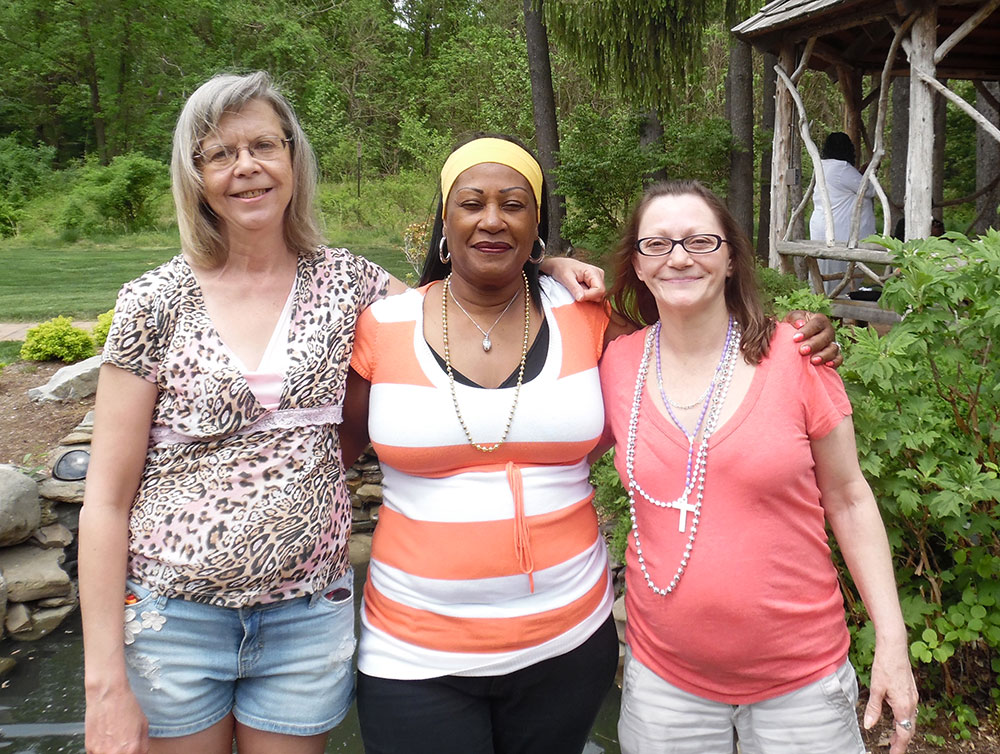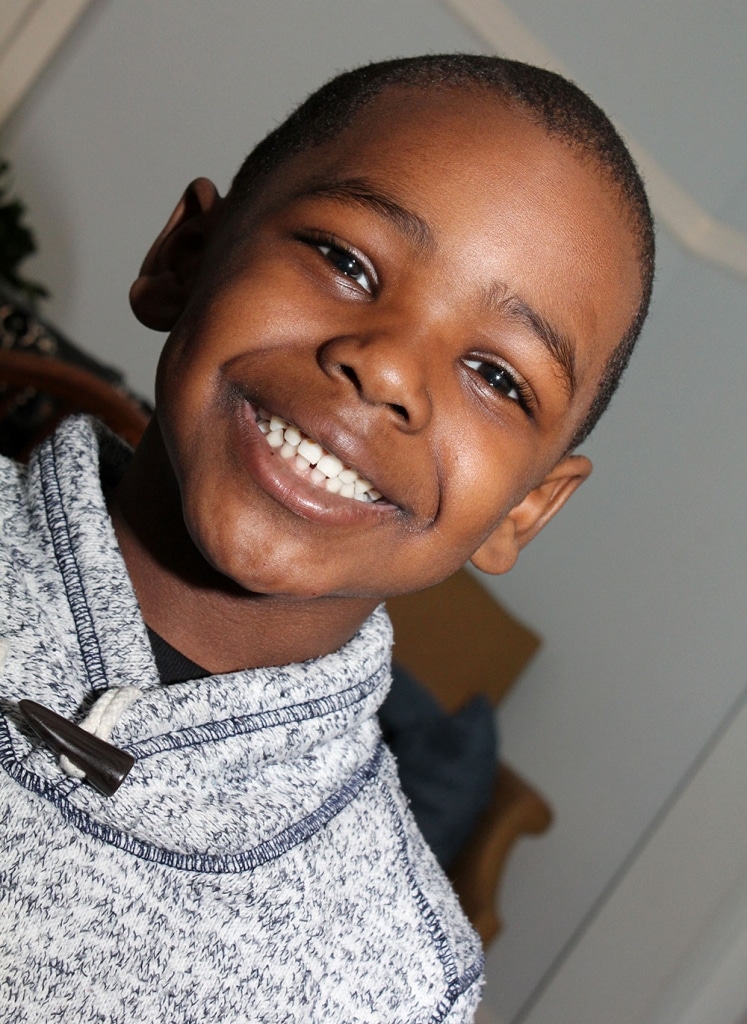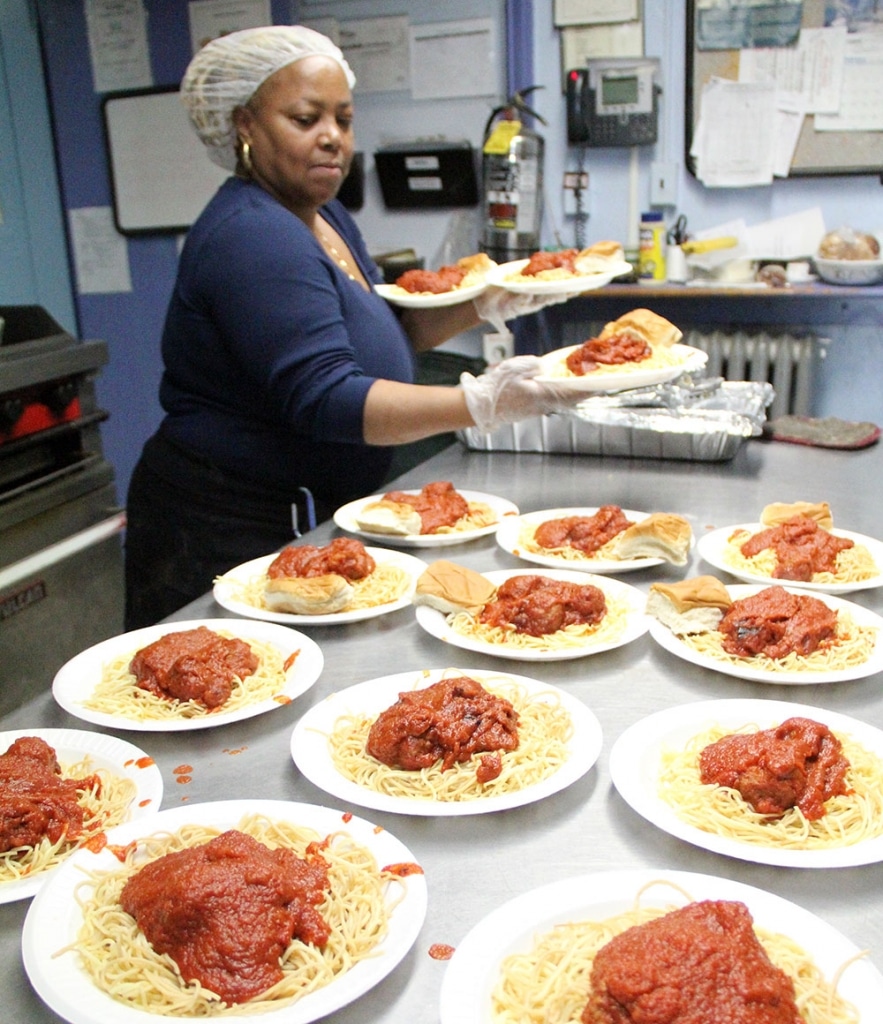HISTORY

As a program within the Housing and Homeless Services Division of Catholic Social Services of the Archdiocese of Philadelphia, Mercy Hospice has been a vital part of the social safety net in Philadelphia for over 35 years. In the 1970’s there was a drastic increase of homeless women on the city’s streets, in part, due to the deinstitutionalization of thousands of patients from psychiatric hospitals in the region during that time. Without adequate community-based mental and behavioral health clinics to handle that mass exodus, many individuals found themselves on the streets without resources to assist them. Another contributing factor was the increasing incidence of drug use and drug addiction. The “bag ladies” phenomenon became an increasingly common sight in various parts of the city:
Starting in the late 1970s, homeless persons, known as “bag ladies” and “vent men,” started appearing in Philadelphia’s CBD [Central Business District] in increasing numbers … a more diverse group than was ever assembled on “Skid Row”—younger, more racially mixed, and featuring substantial numbers of women and children. (Stephen Metreaux, Waiting for the Wrecking Ball: Skid Row in Postindustrial Philadelphia, U. of Pennsylvania, 1999)
In response, Catholic Social Services invited the Sisters of Mercy to help found and staff a shelter for homeless women in downtown Philadelphia. The Sisters of Mercy had deep roots in the Philadelphia region and a natural affinity for working with the homeless population, originating with their founder Mother Catherine McAuley who embraced a “fourth vow” of service to the poor and sick. From its founding in September 1976, the charisma (guiding vision) of the Sisters of Mercy has shaped the spirit of Mercy Hospice:
… a passion for the poor, and commitment to act in solidarity with the economically poor of the world, especially women and children. (Sisters of Mercy of the Americas Direction Statement)
Sister Mary Klock, RSM was the first Director of Mercy Hospice, accompanied by a fellow Sister of Mercy and two other staff members. Together they provided a safe haven, meals, and referral assistance to the women and children in their care.
Originally located on three floors above a tavern at 12th and Sansom Streets, at its outset, Mercy Hospice was a short-term shelter for homeless women that could accommodate a maximum of 15 women and four children. Their length of stay was limited to two weeks, with the simple intention to move them into an apartment or public housing within that time frame. It soon became apparent that most women needed more time to find affordable alternative housing, and required more services such as counseling, parenting skills, job training and budgeting, to successfully move on to independent living. In turn, the program evolved into longer term stays of 3 to 6 months to allow women the opportunity to save money and gain the life skills necessary to move out of Mercy Hospice and live on their own.


In the early years of Mercy Hospice, women were referred to the program from social service agencies, hospitals, the police, parishes, family members or self-referral known as walk-ins. This overwhelmed the capacity of the original facility by nearly 50 requests beyond what could be accommodated. This need for more space began the search for a larger and more permanent location. In February 1979, operations were moved to Mercy’s current location on the 300 block of South 13th Street, where it occupies three spacious multi-story adjacent row homes. The three separate homes have been structurally integrated into one facility, increasing its capacity to 48 beds, accommodating women and, at times, their children.
In the mid-1990’s, the increasing problem of drug addiction and alcoholism among the homeless caused the City of Philadelphia to seek out private providers who could specialize in offering residential support to homeless women as they went through recovery. Mercy Hospice eagerly responded to this need, providing a safe haven for homeless women in their journey through recovery from substance abuse. Both single women and mothers with young children can now reside at Mercy, which at any given time, houses 30 to 35 women and 7 to 10 children for up to 3 months.
Mercy Hospice serves all people who come to them, regardless of their particular faith, race/ethnic origin, socio-economic situation, health condition, or sexual orientation.
